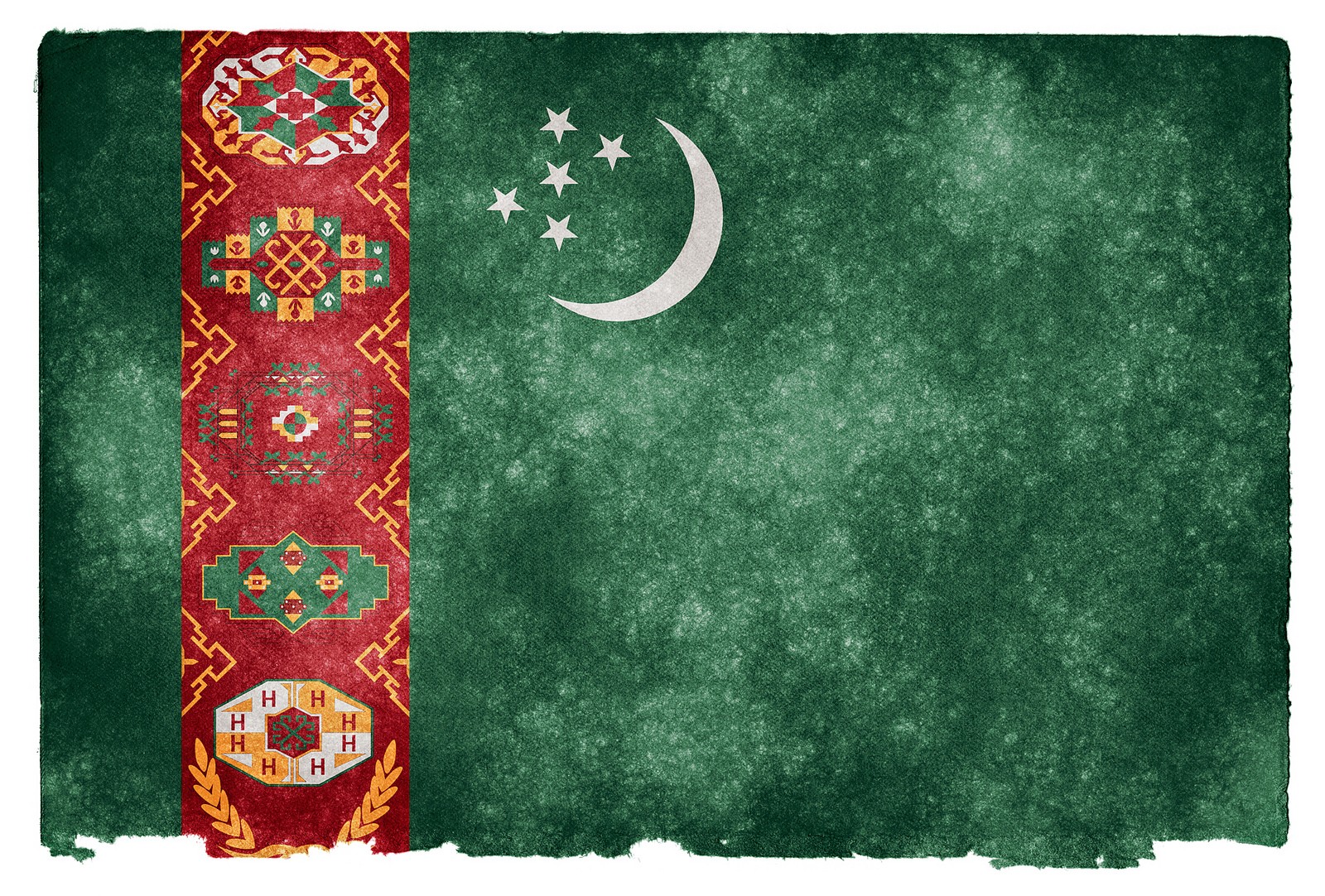Turkmenistan should end enforced disappearances: U.N. committee
This article is originally published by Reuters. It highlights the concluding observations on Turkmenistan by the U.N. Committee against Torture. The U.N. document lists reports of poor prisons conditions, torture, sexual violence and rape by prison staff in Turkmen prisons. The report also raises concerns over enforced disappearances, especially of those convicted in relation to an assassination attempt on a former president in 2002. Committee against Torture observations on Turkmenistan are posted here (PDF).
Turkmenistan must renounce torture, a U.N. body said on Wednesday, accusing the country of systematic abuse, including rape and beating in jail, and political disappearances.
“The Committee (against Torture) is seriously concerned at consistent allegations of widespread torture and ill-treatment, including severe beatings, of persons deprived of their liberty, especially at the moment of apprehension and during pretrial detention, mainly in order to extract confessions,” it said.
The body called on President Kurbanguly Berdymukhamedov to make “a public statement affirming unambiguously that torture will not be tolerated”, adding that nobody had been prosecuted for torture, despite widely publicized cases.
Earlier on Wednesday, the ministry said the government was working closely with international human rights bodies and was improving its legal framework, including the prison system.
Turkmenistan reportedly holds 90 people in long-term detention, amounting to enforced disappearance, the panel of 10 independent rights experts said. They were particularly concerned about the whereabouts of people convicted in relation to an assassination attempt on a former president in 2002.
A former foreign minister, Boris Shikhmuradov, and a former ambassador, Batyr Berdiev, disappeared in 2002, committee member Felice Gaer told a news conference and there had been no information about what happened to them.
Turkmenistan has failed to investigate the abduction of Atymurad Annamuradov, who was beaten to death in retaliation for the work of his brother, Chary Annamuradov, a journalist. Three other brothers also died in suspicious circumstances, the committee said.
Many prisoners had reportedly died because of conditions at Ovadan-Depe jail, and inmates with infectious diseases were held with healthy prisoners, only getting hospitalized “when they are close to death or through bribing the relevant officials”, the committee said.
Political prisoners were detained in psychiatric hospitals, and there were reports of abuse including sexual violence and rape by prison staff, resulting in several suicides, it said.
Turkmenistan does not allow independent organizations such as the Red Cross to monitor detention facilities, nor does it allow U.N. rights experts to investigate in the country.
The Foreign Ministry said diplomats from Europe, the United States, the OSCE and the United Nations visited a juvenile correctional facility on Tuesday.
(Reporting by Tom Miles, Stephanie Nebehay and Olzhas Auyezov; Editing by Robin Pomeroy)

